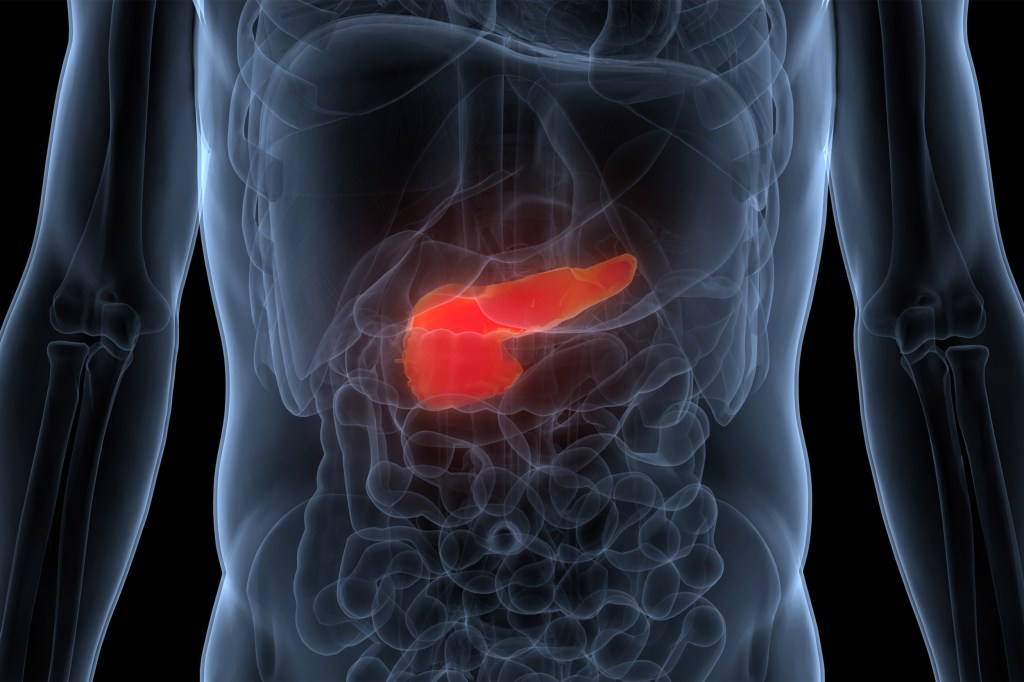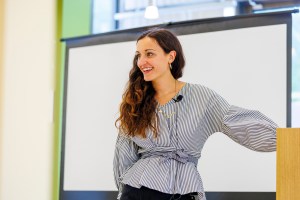Findings
Insights, discoveries, and analysis from Harvard scholars and scientists.
-
 Science & Tech
Science & TechBlue, green, gold: Why eyes of wild cats vary in color
Study traces iris diversity to gray-eyed ancestor
-
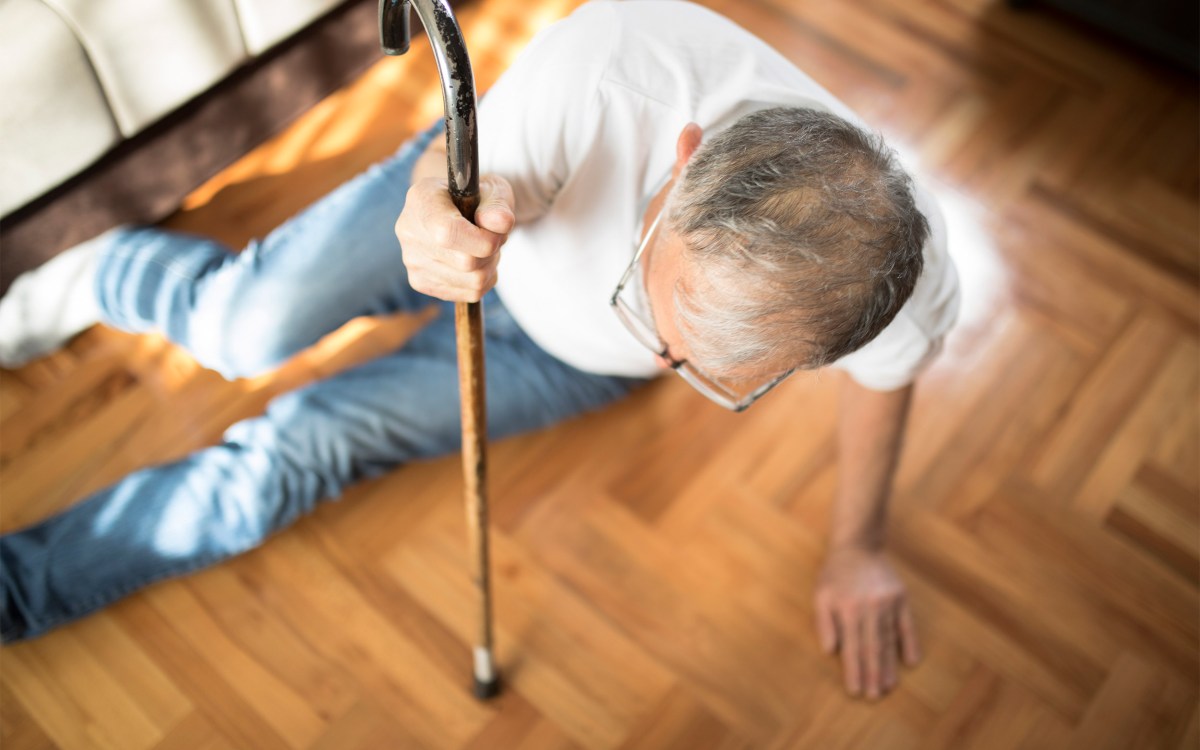 Health
HealthFalls put older adults at increased risk of Alzheimer’s
Researchers found dementia more frequently diagnosed within one year of a fall, compared to other types of injuries
-
 Health
Health‘Weekend warriors’ can cut risk of 264 diseases
Concentrated routines just as effective as regular weekly exercise in protecting against heart, digestive conditions as well as neurological illnesses
-
 Science & Tech
Science & TechAn idea with legs
Research suggests the scuttling sea robin may serve as evolutionary model for trait development, including in humans
-
 Health
HealthUsing AI to repurpose existing drugs for treatment of rare diseases
Identifies possible therapies for thousands of diseases, including ones with no current treatments
-
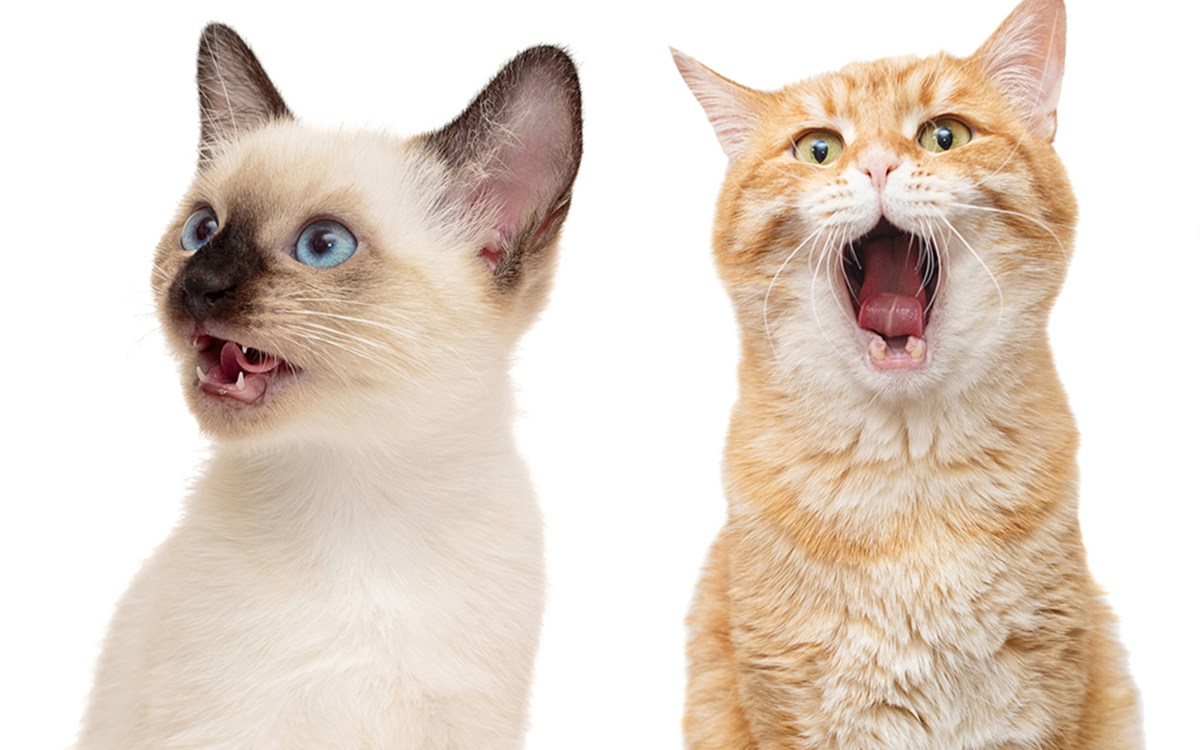 Science & Tech
Science & TechSo why does Mr. Whiskers meow?
It may not be for the reasons you think, says evolutionary biologist, whose new book explores how our feline friends came to be
-
How friends helped fuel the rise of a relentless enemy
Economists imagine an alternate universe where the opioid crisis peaked in ’06, and then explain why it didn’t

-
Getting ahead of liver cancer
Researchers hope identifying blood proteins may lead to earlier prediction of risk, increase treatment options
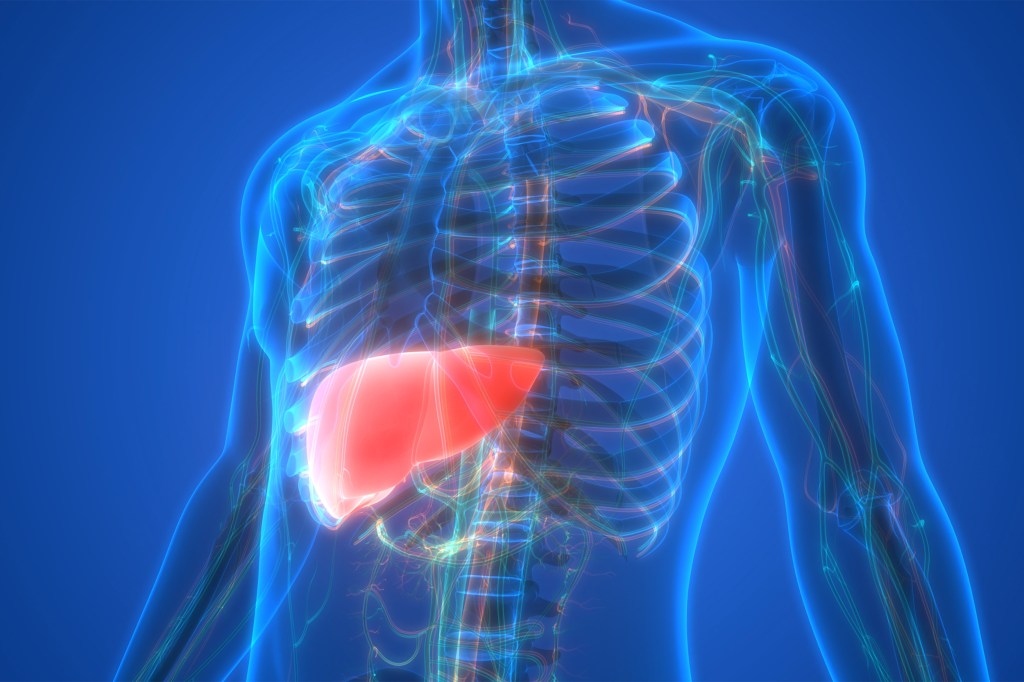
-
Alcohol is dangerous. So is ‘alcoholic.’
Researcher explains the human toll of language that makes addiction feel worse

-
Can we talk?
Study finds that conversation – even online – could be an effective strategy to help prevent cognitive decline and dementia

-
Early warning sign of extinction?
Fossil record stretching millions of years shows tiny ocean creatures on the move before Earth heats up
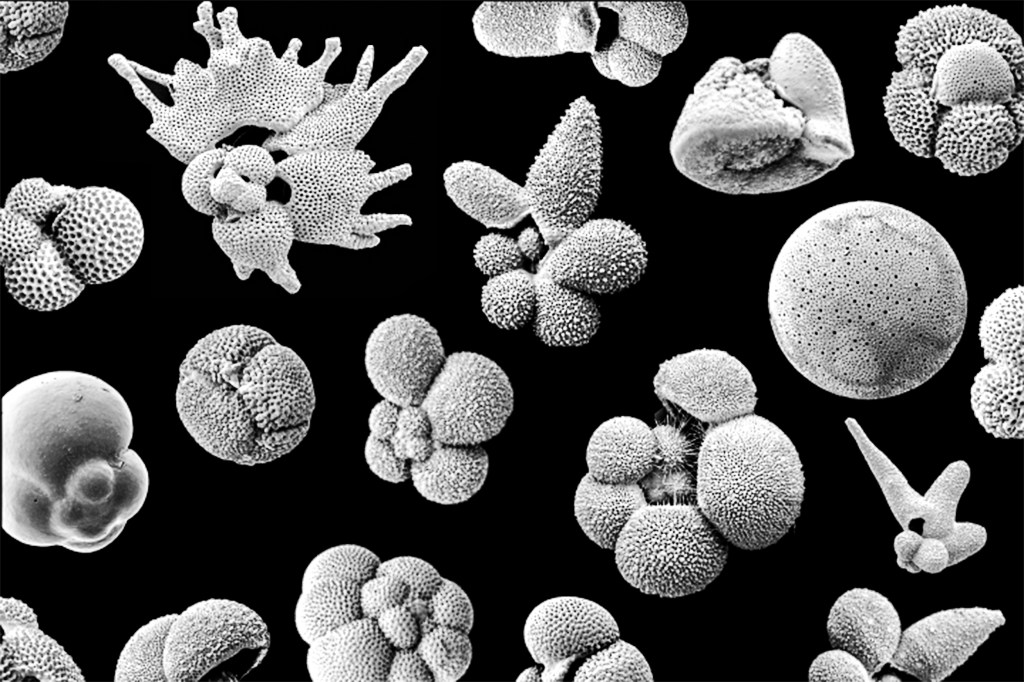
-
Lawyers reap big profits lobbying government regulators under the radar
Study exposes how banks sway policy from shadows, by targeting bureaucrats instead of politicians
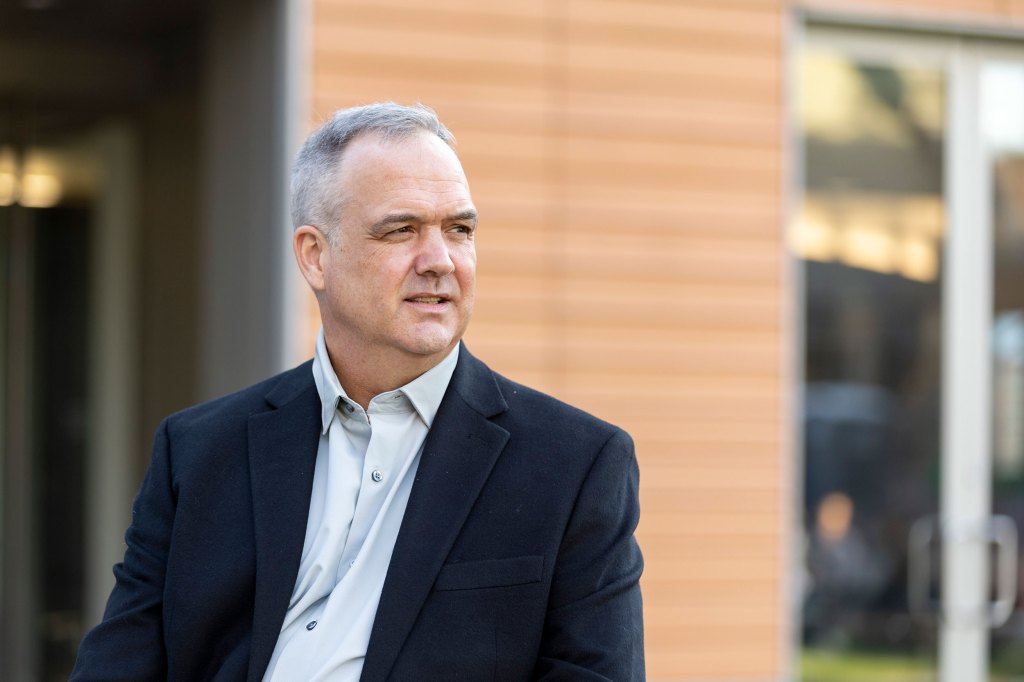
-
So much for summers of love
Despite ‘hippie’ reputation, male bonobos fight three times as often as chimps, study finds
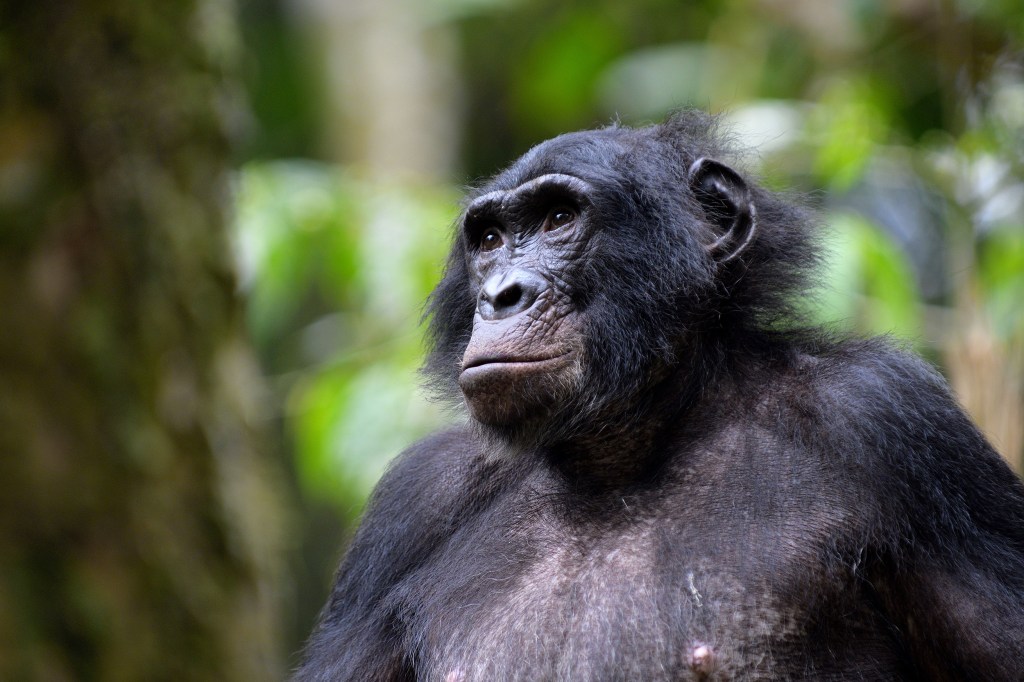
-
Exercise cuts heart disease risk in part by lowering stress, study finds
Benefits nearly double for people with depression
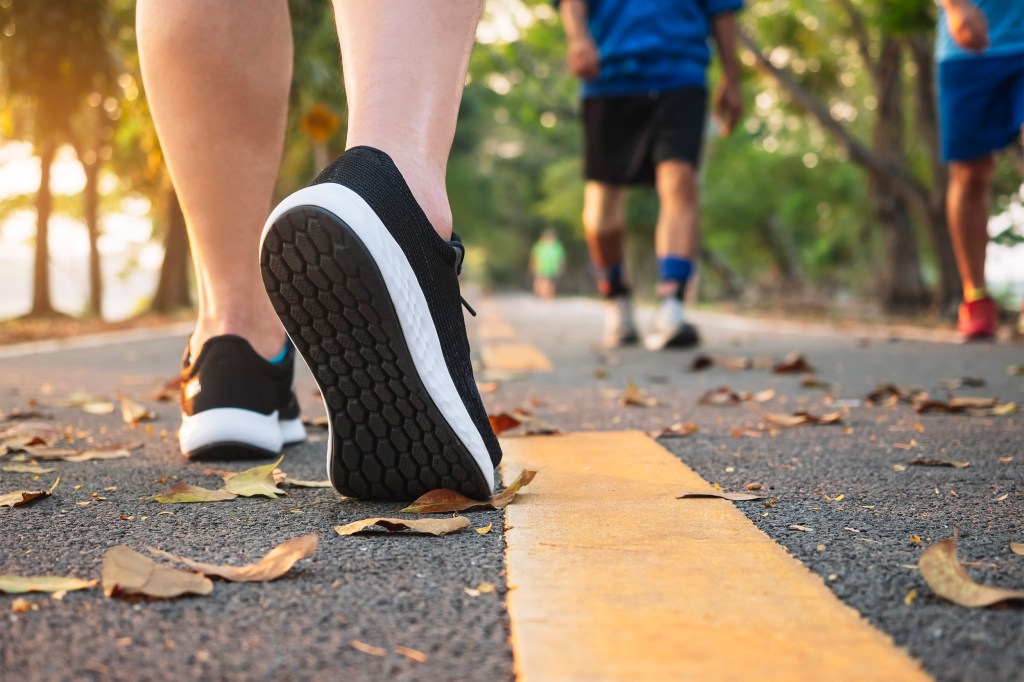
-
Amazon butterfly evolved from hybrids
Genomic findings challenge thinking on what makes a species
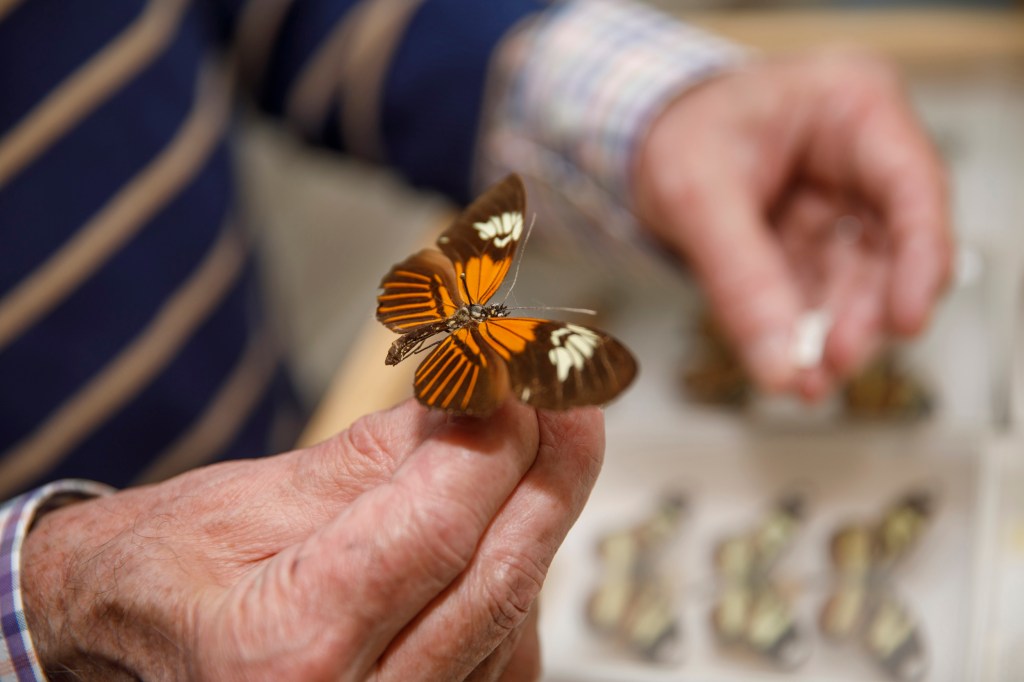
-
A molecular ‘warhead’ against disease
Approach attacks errant proteins at their roots
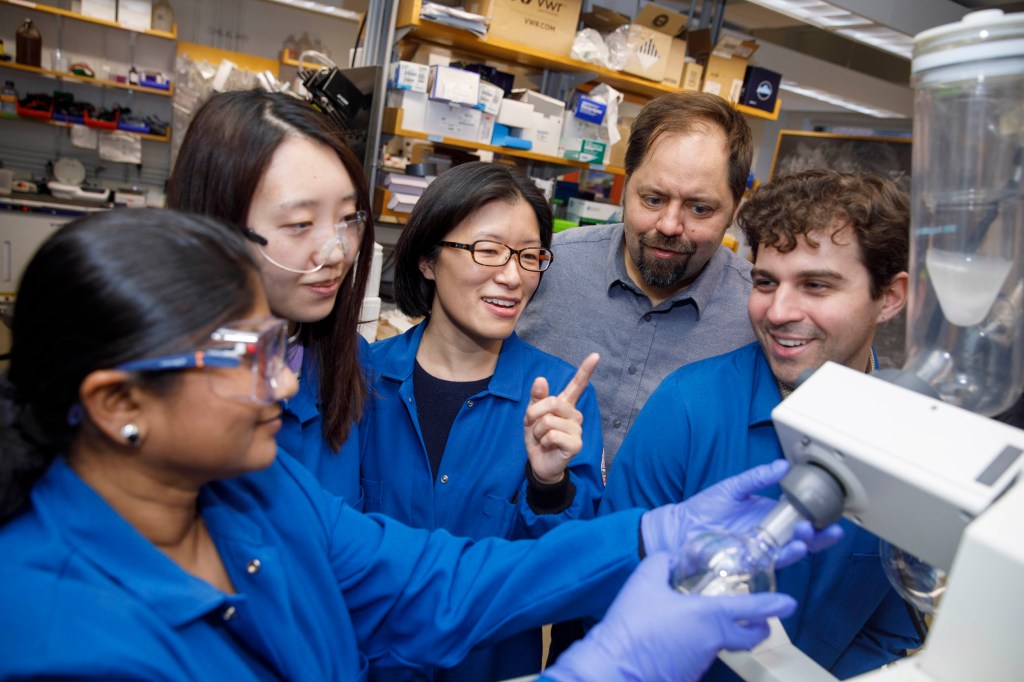
-
Aspirin cuts liver fat in trial
10 percent reduction seen in small study of disease that affects up to a third of U.S. adults

-
Why are we so divided? Zero-sum thinking is part of it.
Researchers examine who embraces mindset that one’s gain is another’s loss, and how that affects our politics — in sometimes surprising ways
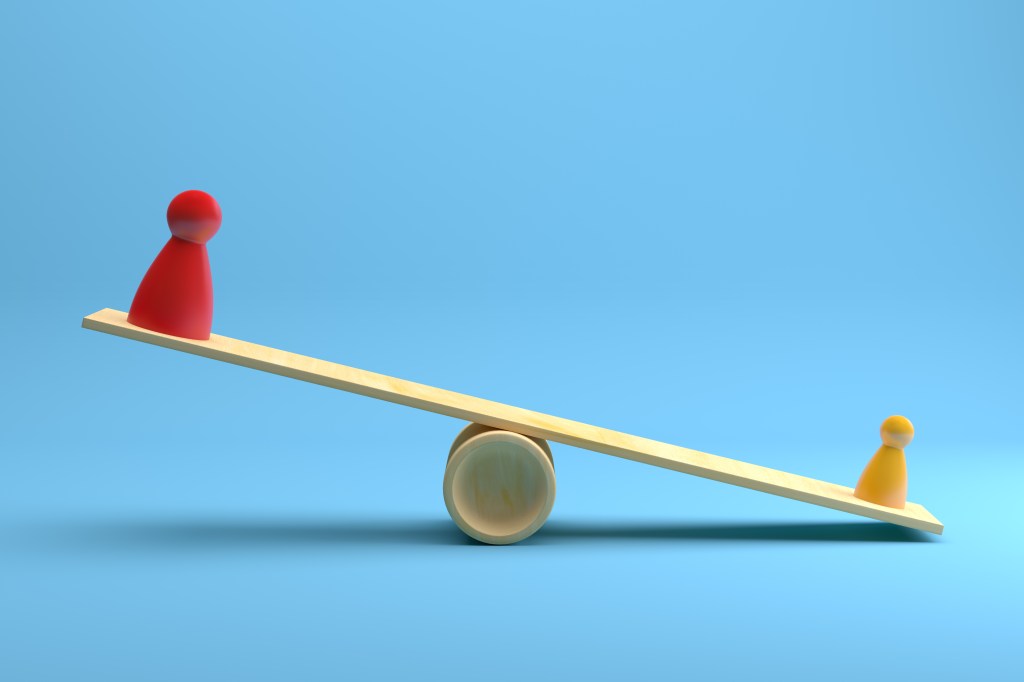
-
Parkinson’s warning in skin biopsy
Medical office procedure identifies key biomarker that may lead to more reliable diagnosis of neurodegenerative disorders
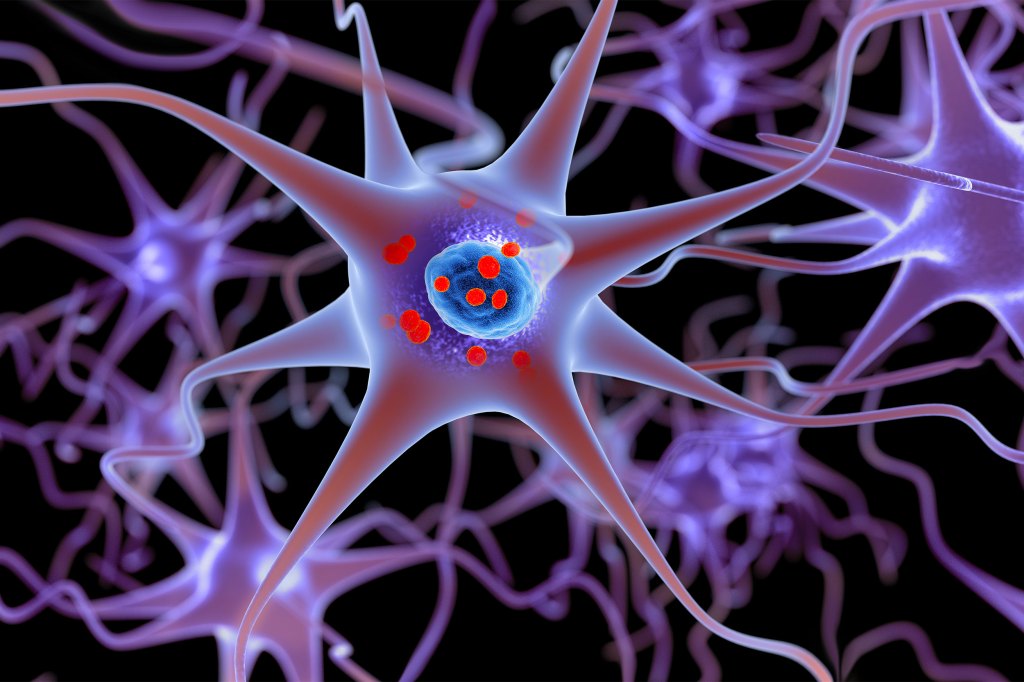
-
How the already anxious avoided global spike in COVID anxiety
Psychological tools learned by those in treatment proved protective in high-stress event, study finds
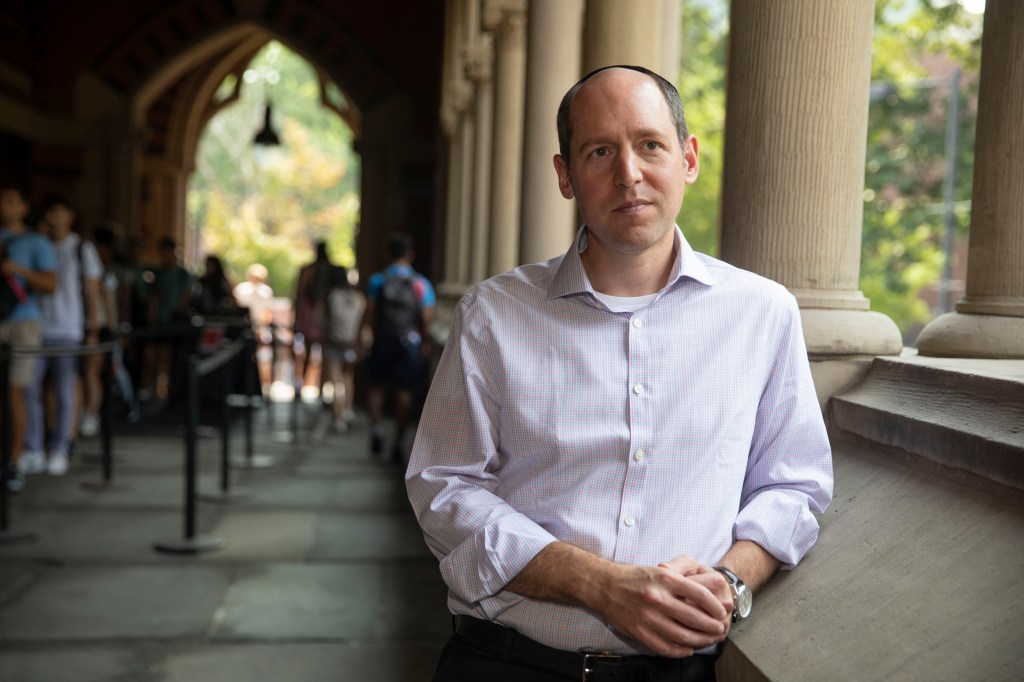
-
Larger lesson about tariffs in a move that helped Trump but not the country
Researcher details findings on policy that failed to boost U.S. employment even as it scored political points
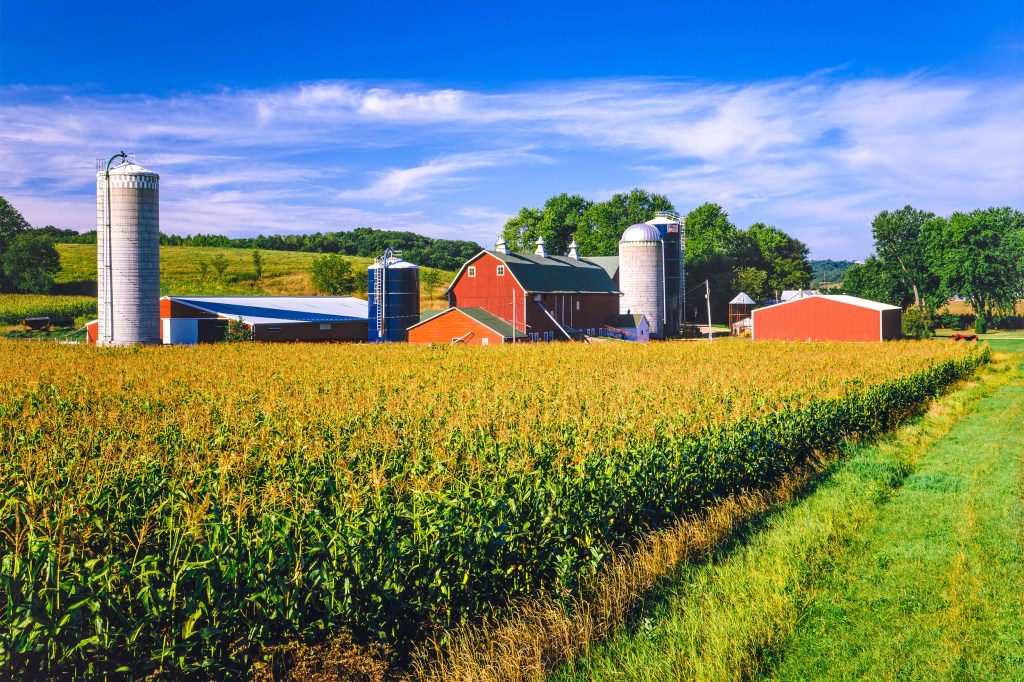
-
Menopause depression risk has been exaggerated
Some groups are more vulnerable but symptoms far from universal, review finds

-
Despite prevalence, arthritis, neck and back pain receive few research dollars
Musculoskeletal diseases are the leading cause of years lived with disability
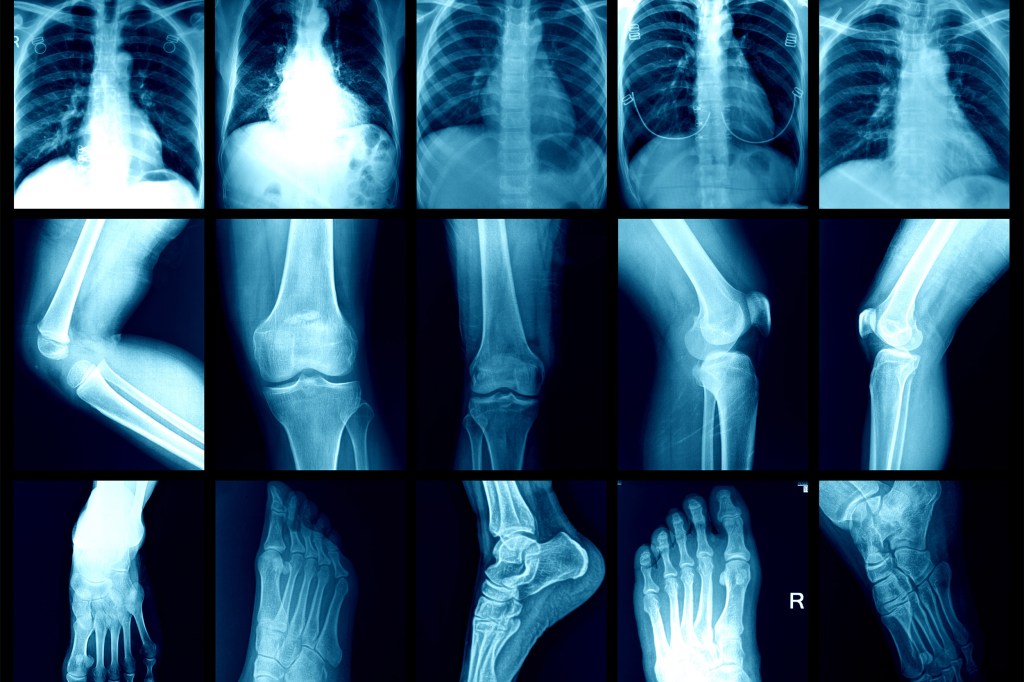
-
Glimpse into how mind may affect healing
Study finds bruising fades faster in patients who are led to believe more time has passed than actually has
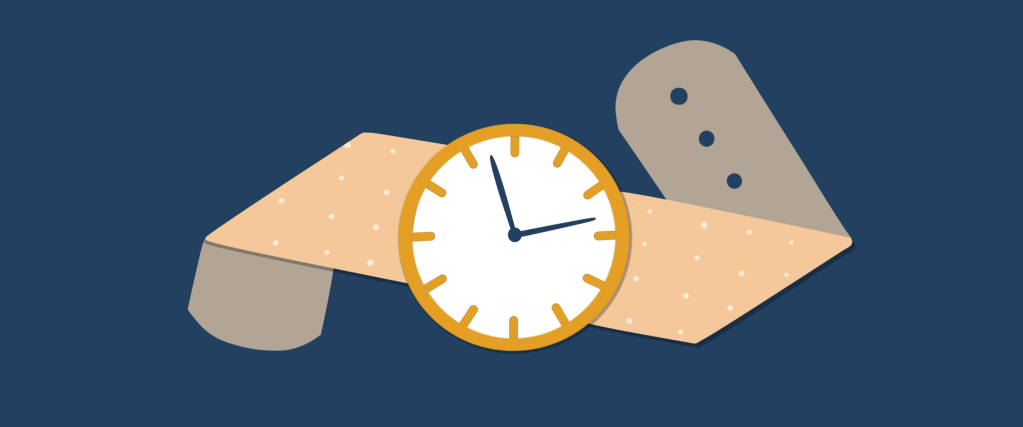
-
Do high-stress jobs put pregnancy at risk?
Study compared outcomes for expecting doctors, lawyers. One group fared worse.

-
Harvard physicists create a new phase of matter
First demonstration of non-Abelian anyons in a quantum processor
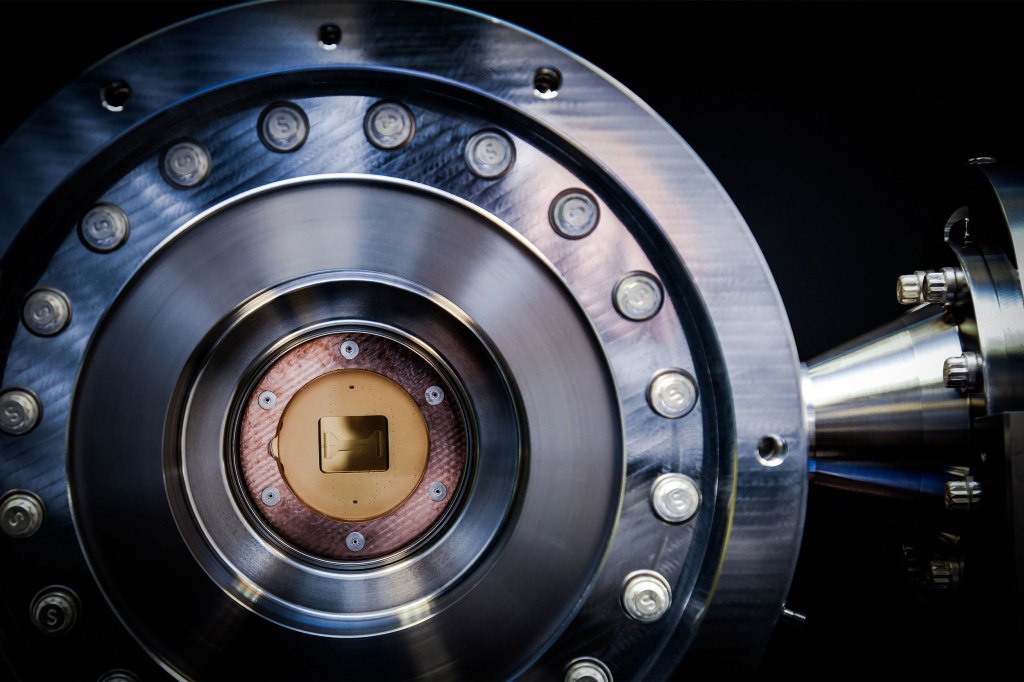
-
Did fermented foods fuel brain growth?
Study puts fermentation, not fire, as pivot point behind our ancestors’ increasing cranial capacity
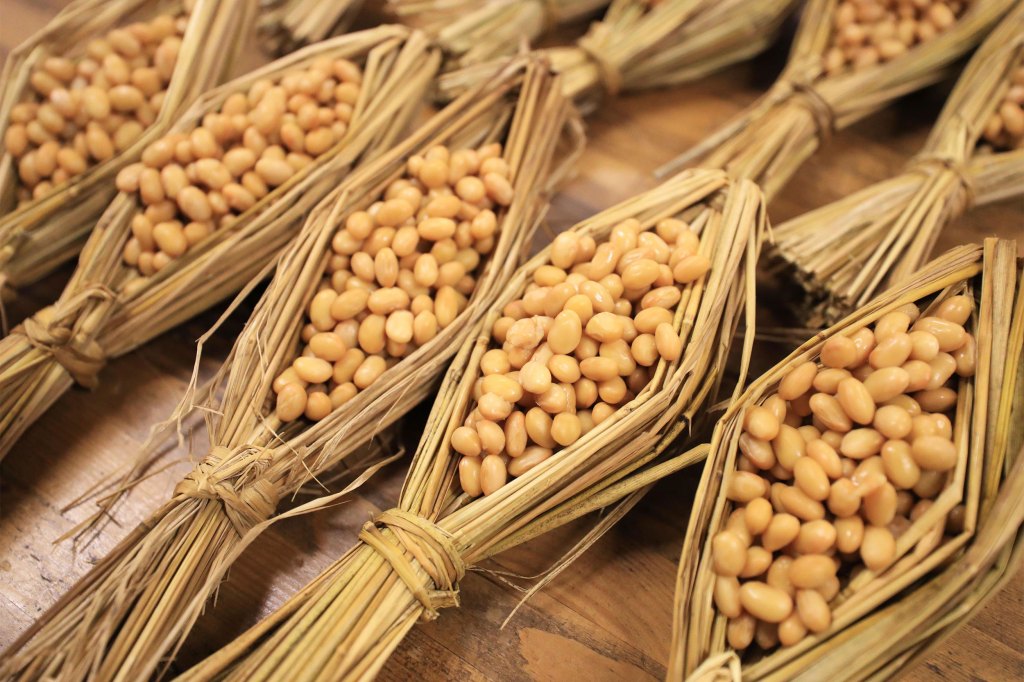
-
‘Radcliffe Wave’ is waving
Astronomers detail oscillation of our giant neighbor

-
Looking to rewind the aging clock
Harvard researchers create model that better measures biological age, distinguishes between harmful and adaptive changes during life
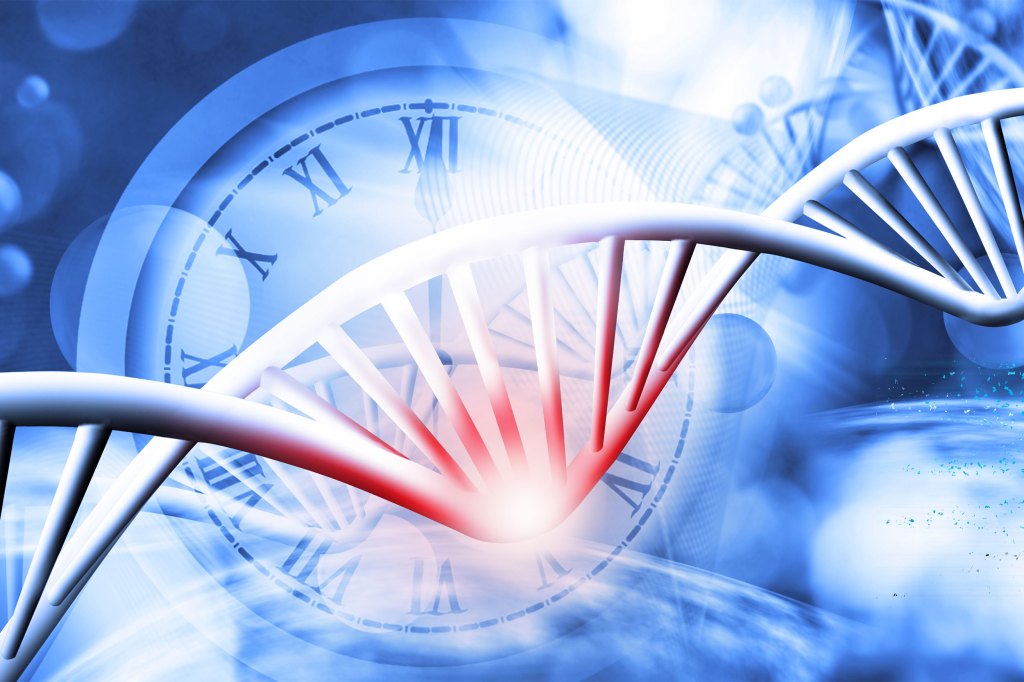
-
Potential new weapon in battle against superbugs
Harvard team’s synthetic molecule highly effective against drug-resistant bacteria
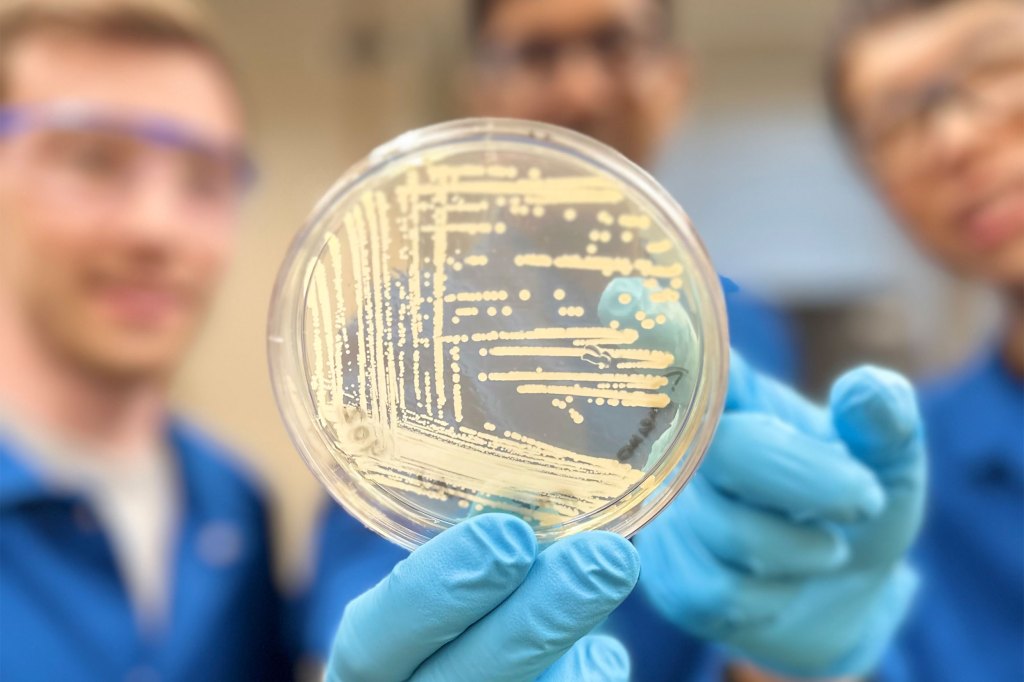
-
A win for science, and patients, against brain injury ‘nihilism’
Hope for progress even after a 450-foot fall, trial shows, defying pessimism that hurts research and families
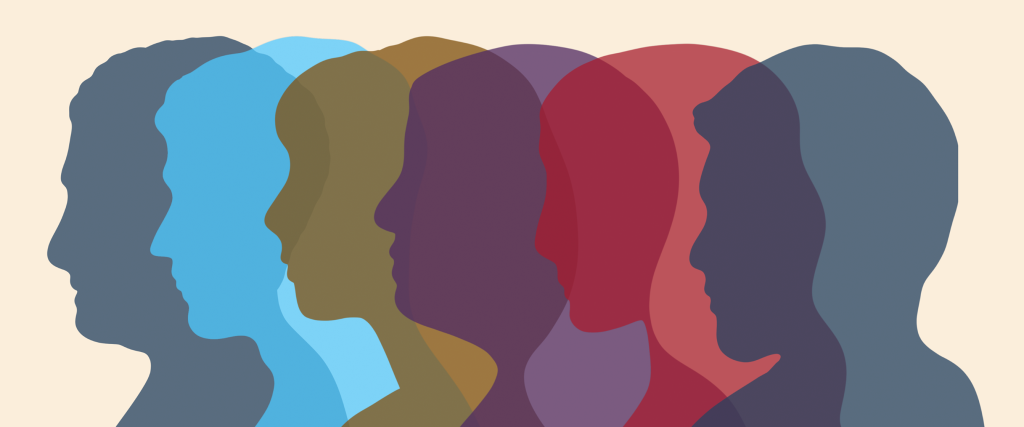
-
Are top-ranked colleges really the best? Depends. At what?
Sociologist urges ratings focused on real-life outcomes, particularly in those from underrepresented groups
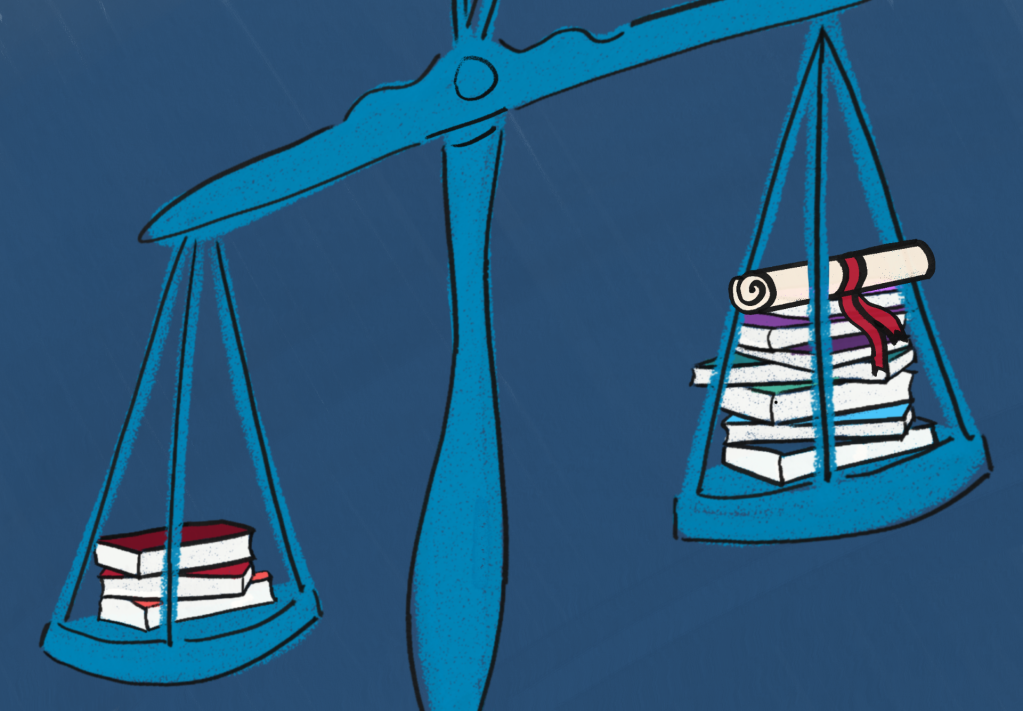
-
We’re social beings. So are microbes.
When we pick up our neighbors’ bugs, we get the good as well as the bad and the ugly
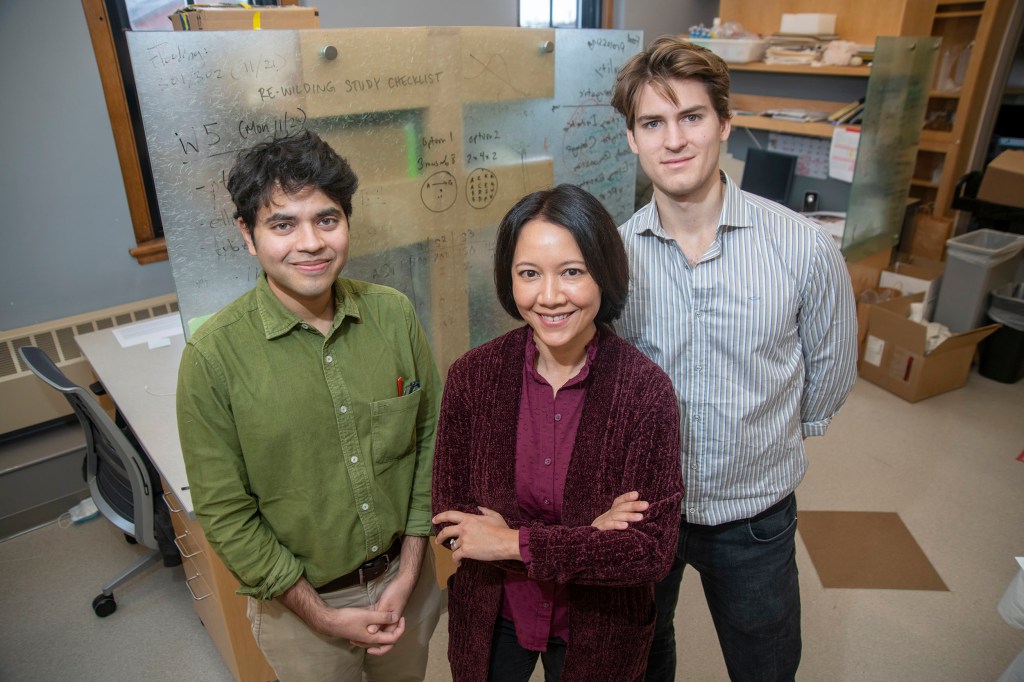
-
New evidence shows COVID-19 isn’t done with us yet
Study suggests lack of regular care and screenings set stage for worse public health outcomes, wider disparities
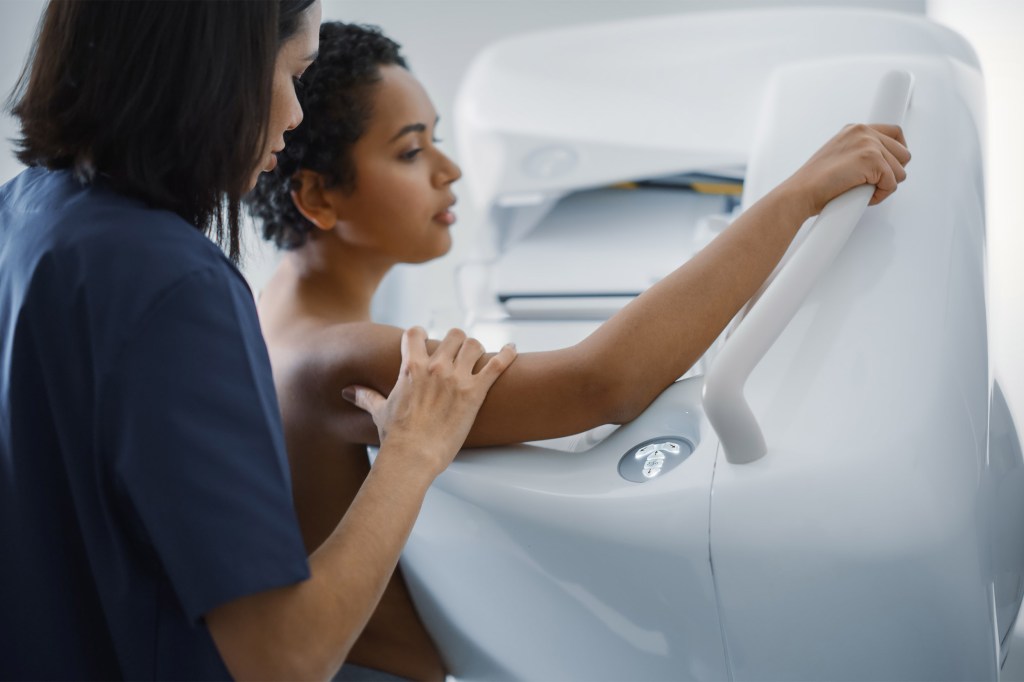
-
The miracle of ‘dog’
New findings illuminate complex neuroscience behind even the simplest words, with implications for treatment of speech, language disorders
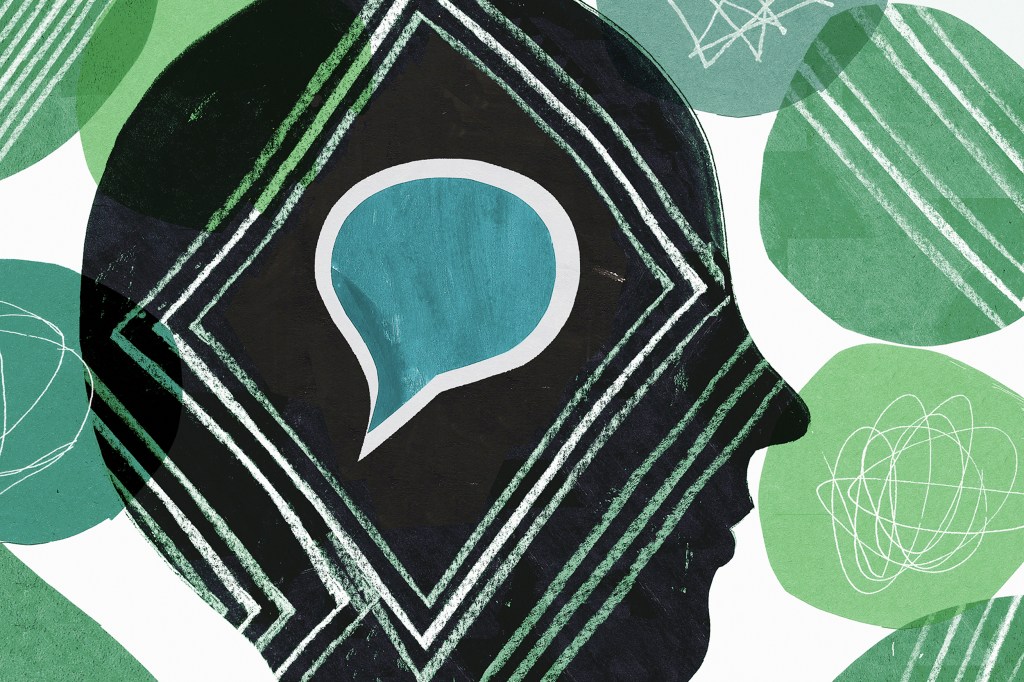
-
AI model flags high-risk pancreatic cancer patients 18 months before diagnosis
Novel approach caught 3.5 times as many cases than current screening guidelines would have for 40-plus group
